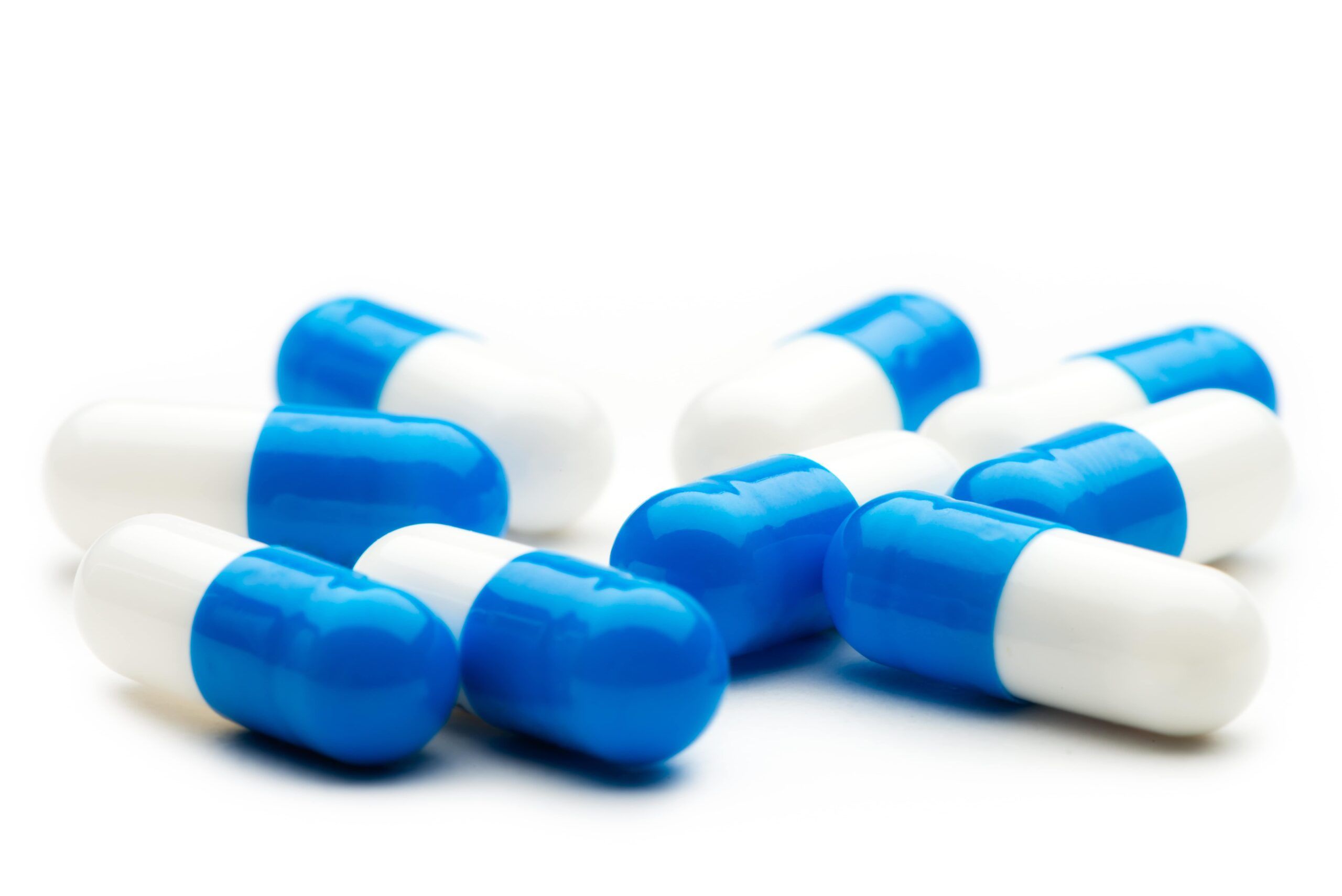
Those prescribed this medication may ask “Does Vyvanse build up in your system?”. This is a valid question, as this may be a deciding factor in whether they or their child, takes the medication. Like many prescription medications, it does come with its own set of risks and side effects. But what is Vyvanse, and how does it work? Having this information can be beneficial for anyone taking this medication.
What is Vyvanse?
Vyvanse is a prescription medication used in the treatment of ADHD in adults and children no younger than 6 years old. It works as a central nervous system (CNS) stimulant. This medication is a Schedule II drug, meaning that it has a high potential for abuse and addiction.
It is available in a pill or chewable tablet that comes in dosages of 10mg up to 60mg. Less commonly prescribed is a stronger, 70mg dose. This medication is also the only FDA-approved medicine available to treat binge eating disorder.
How it Works
As a CNS stimulant, the medication works to increase chemical activity in the brain and nerves, affecting hyperactivity and impulse control. Vyvanse is a medication meant to be taken once per day, as it is made to work all day.
It should be taken in the morning, to help treat ADHD and binge eating symptoms throughout the day. If it seems to stop working before the end of the day, the individual should consult with their physician to adjust the medication.
What Are Its Addictive Properties?
CNS stimulants work by increasing dopamine production within the brain. Adderall, another stimulant medication used in ADHD treatment, acts similarly. It is because of this enhancement in dopamine production that the medication is so widely abused. Vyvanse dependence can be dangerous, and ending its use can be difficult.
Does Vyvanse Build Up in Your System?
This medication is meant to help treat symptoms daily. Its half-life is less than approximately 1 hour. Also, this medication is quick-acting. Therefore, the effects of the drug are enacted within an hour of taking the dose. Vyvanse does not build up in the system.
Now, this is different in individuals who have kidney issues. Whereas, the reason this medication does not build up in the system is because it is quickly filtered through the kidneys. So, if the kidneys are not working properly, it causes the filtration to slow down.
How Long Does It Stay in Your Body and Bloodstream?
Although Vyvanse does not build up in the system, it can still be found in blood and urine drug testing. Different factors play a role in how long this medication can stay in the system. These factors can include kidney functionality, dosage, and taking other medications that may interact with Vyvanse.
However, for the most part, it can be found in blood anywhere between 7 and 34 hours after the last dose, and in urine for up to 5 days from the last dose.
Short and Long-Term Effects on the Body
The way this medication works is that it has to be absorbed through the GI tract to convert into the active component, dextroamphetamine. This component belongs to the amphetamine drug class. The effects that this medication can have on the body can be intense. Short-term, using this medication can cause decreased appetite, nausea, and headache.
Other effects can include increased focus, weight loss, abdominal pain, and vomiting. Long-term, the effects of Vyvanse can include increased heart rate, cardiac arrhythmia, and circulation issues. It can also affect the digestive system resulting in dry mouth, constipation, or diarrhea.
With long-term use or misuse, this medication can result in dependence and addiction resulting in severely uncomfortable withdrawal symptoms when stopped.
Identifying Vyvanse Dependence
Vyvanse dependence can have severe effects on an individual’s life. From the person’s interpersonal relationships to their school or work career, struggling with this medication can lead to impacts in all aspects of their life. Signs that can be indicative of an individual struggling with the medication can include:
- Taking higher doses than prescribed
- Unsuccessfully trying to lower the dose or stop using the medication
- Intense cravings for the drug
- Drug-seeking behaviors surrounding the medication
- Continued use despite negative consequences
- Withdrawal symptoms when not taking it
- Mood swings or agitation
Detox
Identifying Vyvanse dependence is crucial. Dependence on Vyvance can require professional assistance to overcome it. Withdrawal symptoms can be extremely uncomfortable, contributing to continued misuse of this medication. Withdrawal symptoms can include things like depression, extreme fatigue, irritability, and lack of motivation.
In addition, other symptoms include poor concentration, headache, increased appetite, excessive sweating, and increased appetite. People often have strange dreams and body aches when the drug is abruptly stopped. Detox can help to manage and alleviate these symptoms in individuals trying to overcome dependence on the drug.
Get Help For Vyvanse Dependence Now
Like many substances, Vyvanse carries a risk of abuse and dependence. Stopping this medication can prove to be a difficult task. Overcoming it is possible. If you or a loved one are struggling with this drug, Empowered Recovery can help. We offer personalized care plans to those who need it.
Call us today and begin your recovery journey.
Program Links
Check Your Insurance Benefits
Empowered Recovery Center is dedicated to providing addiction treatment services to the greater Atlanta area including Acworth, Alpharetta, Canton, Cartersville, Kennesaw, Marietta, Powder Springs, Sandy Springs, and more.
Resources
Connect With Us
-
Empowered Recovery Center
3651 Canton Road,
Marietta, GA 30066
